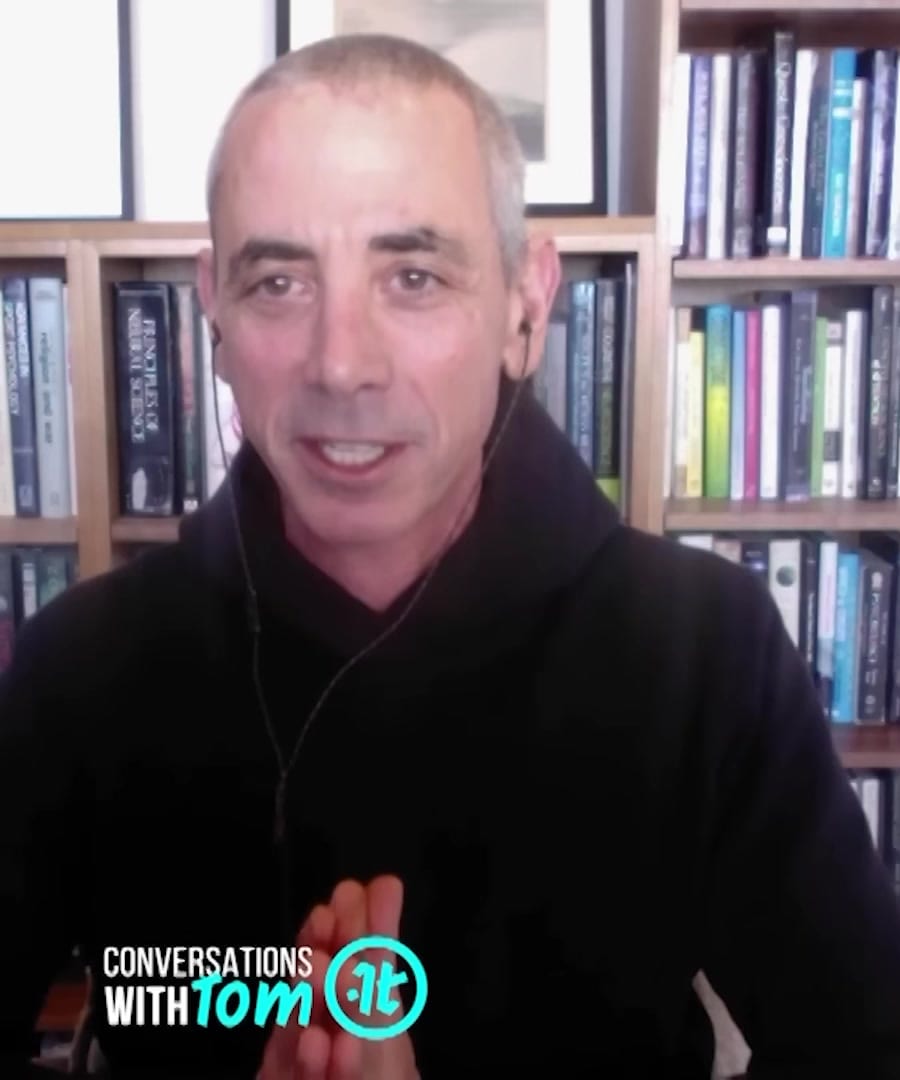Why is bad advice dangerous?
Sources:
Bad advice poses significant dangers due to its potential to mislead and produce negative outcomes. Here are some key insights from experts:
-
Misguidance and Negative Outcomes: Emma Chamberlain emphasizes how bad advice, particularly revenge or cliché advice, can lead to unsatisfactory resolutions and even harmful consequences like self-doubt and ethical conflicts. The effectiveness of advice depends on its depth, personal relevance, and the wisdom it encapsulates 1 2.
-
Financial Consequences: Joel Larsgaard discusses how bad financial advice can lead to severe long-term consequences, emphasizing the importance of discerning trustworthy advice to avoid poor money habits that may cost significantly over time 3.
-
Personal and Professional Harm: Steven Kotler highlights the danger of giving advice based on personal biases. He illustrates how personality traits and genetic factors affect performance and how ill-suited advice can cause serious repercussions, including hospitalizations and damaged relationships 4.
-
Importance of Context: Alex Hormozi and Tori Dunlap both stress that advice must align with the individual's specific context and values. Well-intentioned but contextually inappropriate advice can lead to poor decisions, whether in career choices or financial investments 5 6.
-
Cumulative Effects: Dean Graziosi points out that bad advice is cumulative and can erode confidence over time, leading people to give up on their ambitions due to negative reinforcement from others' fears and limitations 6.
In summary, bad advice is dangerous because it can lead to poor decision-making, financial losses, the erosion of confidence, and even physical or relational harm. It underscores the necessity of evaluating the source and context of any advice received.
RELATED QUESTIONS-
